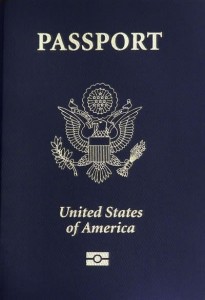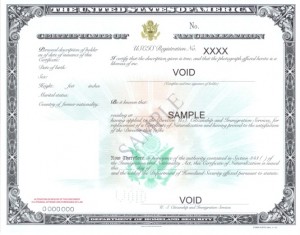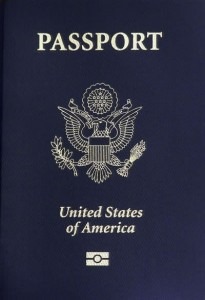 In Kansas and Arizona, a judge has ruled that the federal government must support and uphold the states' right to require proof of citizenship in order to register to vote. Voter registration drives like those that HeadCount holds will now face new challenges.
In Kansas and Arizona, a judge has ruled that the federal government must support and uphold the states' right to require proof of citizenship in order to register to vote. Voter registration drives like those that HeadCount holds will now face new challenges.
If the states had not prevailed, voters would have voted under a two-tiered system, in which only those who had shown proof of citizenship would have been allowed to vote in all elections. Those who had not would be limited to voting in federal elections. The law has already resulted in the suspension of 15,000 registrations in Kansas. Kansas Secretary of State Kris Kobach led the charge to require proof of citizenship, and has stated that “Kansas has paved the way for all states to enact proof-of-citizenship requirements." Critics are worried about just that precedent, and more. “The decision is so broad that it would allow a state to implement almost any restriction on voter registration,” said League of Women Voters President Elisabeth MacNamara.
 Voting rights advocates have promised to appeal the decision, but for now, the U.S. Election Assistance Commission must act to include the proof of citizenship requirement on federal registration forms. And organizations like HeadCount, who register voters at public events and rely on registrants to sign an affidavit swearing citizenship, will have to make sure that every KS or AZ registrant understands that they must later submit copies of documents proving U.S. citizenship.
Voting rights advocates have promised to appeal the decision, but for now, the U.S. Election Assistance Commission must act to include the proof of citizenship requirement on federal registration forms. And organizations like HeadCount, who register voters at public events and rely on registrants to sign an affidavit swearing citizenship, will have to make sure that every KS or AZ registrant understands that they must later submit copies of documents proving U.S. citizenship.
